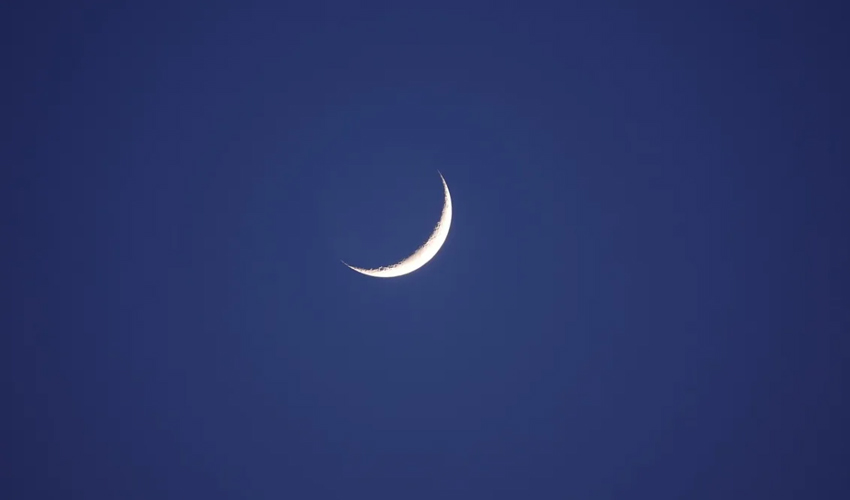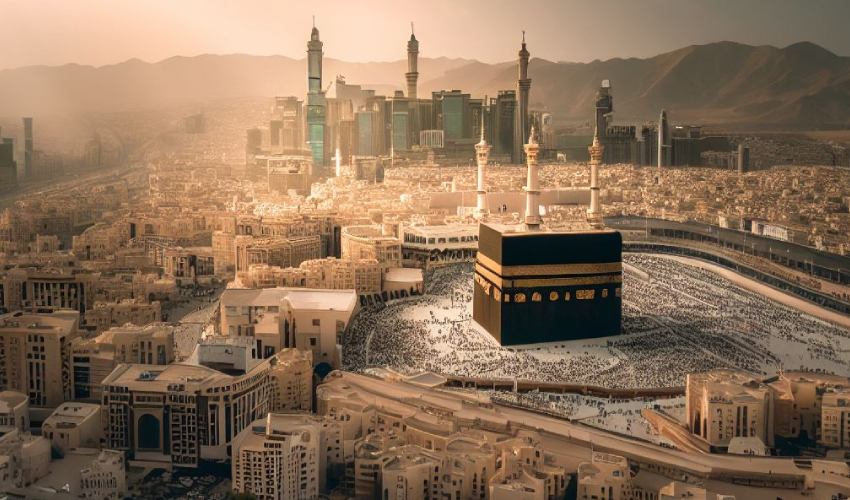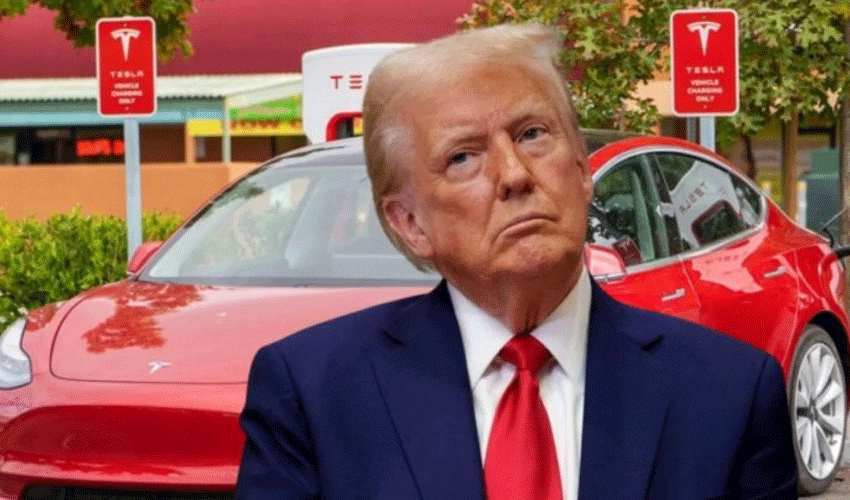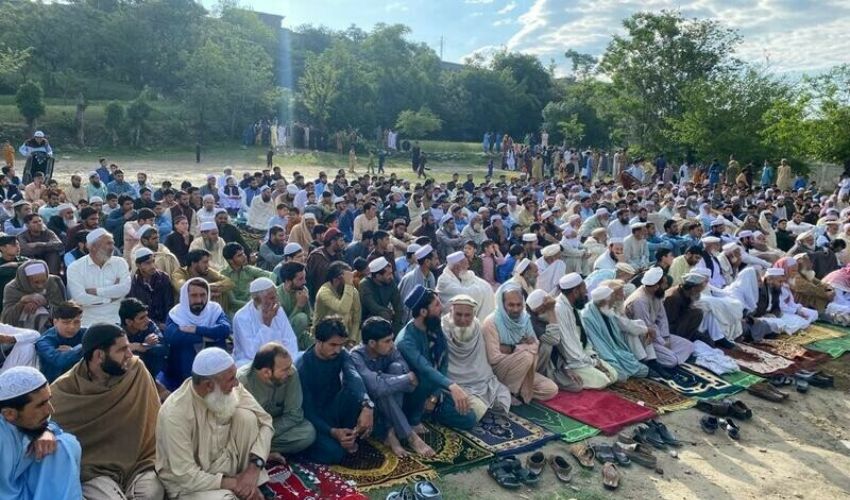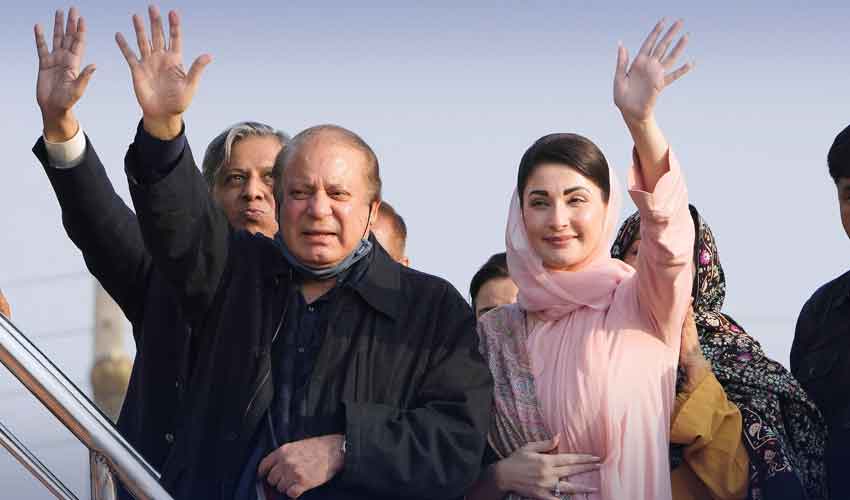Brazil's Supreme Court delivered a historic ruling upholding the rights of Indigenous peoples to their ancestral lands, striking down the controversial "cutoff date" argument.
This legal precedent, which argued that Indigenous communities must have been physically present on their lands on October 5, 1988, the day Brazil's current Constitution was adopted, had posed a significant threat to Indigenous land rights.
The case originated from a dispute in which Santa Catarina state used the cutoff date argument to challenge land claims by the Xokleng Indigenous people.
The Supreme Court's decision, while addressing this specific case, will have far-reaching implications for similar cases across Brazil, setting a crucial precedent.
Indigenous communities across Brazil celebrated this ruling as a milestone, dubbing it "the ruling of the century."
It carries immense significance for global climate efforts, as Indigenous territories have consistently proven to be effective barriers against deforestation in the Amazon.
The court's decision offers relief to Indigenous people who would have been otherwise disenfranchised by the arbitrary cutoff date, particularly those who were forcibly expelled from their lands before 1988. However, challenges persist, as the rural caucus in Congress, closely tied to agribusiness interests, has introduced a proposal to enshrine the cutoff date thesis in legislation.
This ruling aligns with international human rights standards, as established by the Inter-American Court of Human Rights, which recognizes Indigenous peoples' rights to their land as long as their "material, cultural, or spiritual connection" with the land persists.
In response to this landmark decision, President Lula da Silva's administration should prioritize expediting the titling of Indigenous territories, some of which have languished for decades, and ensuring accountability for acts of violence and threats against Indigenous defenders who courageously advocate for their communities' land rights.
This ruling represents a pivotal moment in safeguarding Indigenous rights, preserving the environment, and securing the future of these communities in Brazil.









